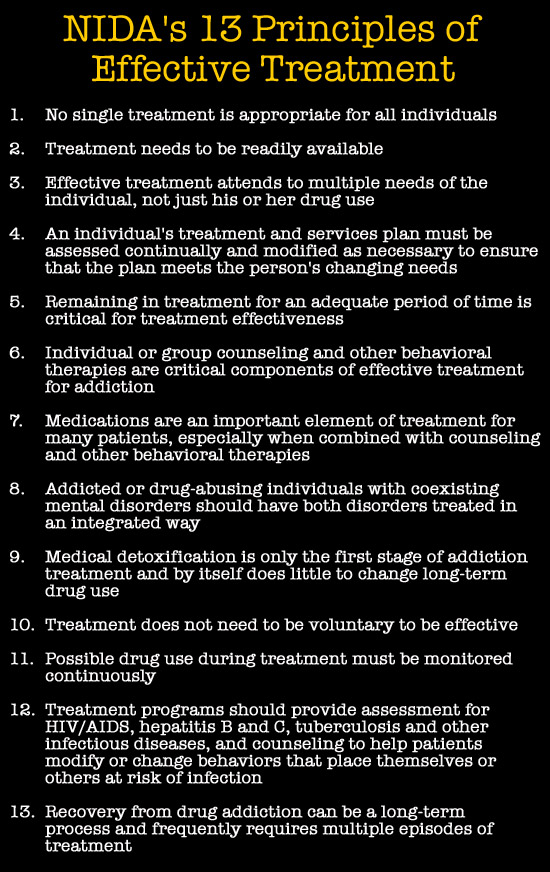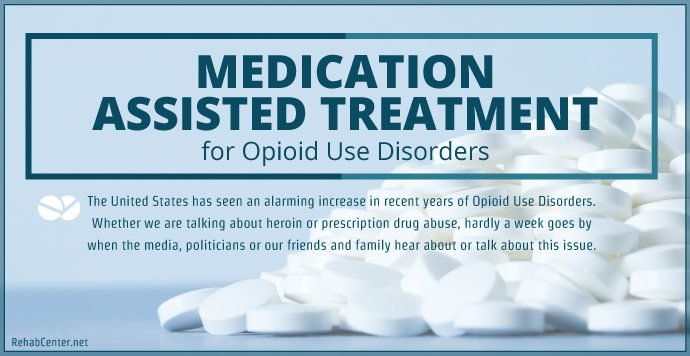The problem also has to do with how the brain, when denied of the drugs to which it is accustomed, reacts to tension. The reaction is typically overstated negative emotion, and even misery. In this setting, the strong association of learned ecological hints (for instance, smelling beer at a ball game or seeing the corner where the dealership can be found) intensifies the craving for the substance.
The brain science behind these observed and quantifiable processes in dependency assists to clarify the objectives of treatment. Agonist medications (such as methadone and buprenorphine) can stabilize the craving brain while the planning and reasoning https://goo.gl/maps/dnXThc11PwZjnJdL8 procedures get back fit. However how can a person with dependency prevent the cues that triggered yearning? How can they dependably get help? It is insufficient just to "simply say no." The person needs to establish alternative sources of delight and benefit, and people who have been separating themselves in order to consume or use drugs without inhibition may require to operate in a purposeful method to re-acquire habitual "happiness" social interactions, physical enjoyments like a swim or a bike trip, and other healthy, pleasurable benefits.
Clearly, there are individuals on the moderate end of the spectrum who have the ability to choose to stop or cut back. For these people, when the benefits of not using surpass those of using, they stop. Some people with a pattern of unhealthy drug or alcohol utilize that satisfies criteria for a medical diagnosis of compound usage disorder might likewise "fully grown" out of it without formal treatment.
I hope for my clients that comprehending that there is biology someplace down deep in these problematic and often deadly behaviors can alleviate the self-loathing and guilt that is nearly universal amongst individuals with addiction. And to understand that it may even go deeper, to the genes and experiences over which they had no control, may also help.
And when we get proficient at it, perhaps, simply maybe, we can begin to have the option to live a life that is appropriate or perhaps much better than we 'd imagined. Commenting has actually been closed for this post.
Drug dependency, in the easiest terms is the strong compulsion to get and utilize compounds, even though a variety of undesirable and harmful effects are most likely to happen. Addiction has actually been referred to as a "medical disorder that impacts the brain and changes habits." Different compounds consisting of alcohol, illicit drugs, prescription medications, and even some over the counter medications might sustain the development of a dependency.
Rumored Buzz on What Is Drug Addiction Characterized By
The definition of dependency differs among individuals, companies, and doctor, and society's viewpoints about dependency are ever-evolving. The National Institute on Drug Abuse (NIDA), the Drug Abuse and Mental Health Providers Administration (SAMHSA), and the National Institutes of Health (NIH) all similarly describe dependency as a long-term and relapsing condition identified by the individual compulsively looking for and using drugs regardless of negative effects.
These changes are long-term and can continue well after the person has stopped using drugs. Comparing compound dependency to heart disease might help highlight why it is defined as a disease by so lots of:1 Both addiction and heart disease interrupt the regular performance of an organ in the body the heart for cardiovascular disease and the brain for dependency.
Dependency and many kinds of heart problem are largely avoidable by participating in a healthy way of life and preventing poor choices. They are both treatable to avoid further damage. AAC is in-network with numerous insurer. Your dependency treatment might be free depending on your policy and deductible. Moreover, given that dependency is marked by periods of healing and symptom recurrence (regression), it looks like other illness like hypertension and type-2 diabetes. These illness are long-lasting conditions that require consistent effort to manage.
3 The concept that compound addiction is a disease is not, however, universal. Some would argue that addiction is not a disease since: Addiction is not transmissible or infectious. Dependency is not autoimmune, genetic, or degenerative. Dependency is self-acquired, suggesting the person offers the condition to himself. Supporters of this method of thinking put a lot more focus on the social and ecological elements of addictionone advocate declares that addictions may be "cured" by locking addicts in a cell where there is no access to substancesinstead of on the brain changes that take place as an outcome of drug abuse.
For instance, it is true that a lot of compound abuse starts with a choice (although in numerous cases compound use started with a prescription from a medical professional for a genuine medical problem and developed into abuse). However while nobody forced an addicted person to begin misusing a compound, it's hard to imagine someone would willingly destroy their health, relationships, and other significant areas of their lives.
It ought to be kept in mind that the "addiction is an option" view is mostly relegated to individuals and small groups. There are few, if any, nationally recognized substance abuse-focused organizations whose views have actually not developed to comprehending dependency as a disorder or disease. In truth, the NIH sees the concept that dependency is a moral failing as a dated, ill-informed antique of the past. The American Psychiatric Association (APA) no longer uses "addiction" as a term or diagnosis.

Some Of How To Prevent Drug Abuse And Addiction

7 No matter how one defines addiction or what term is used, what is clear is that addiction is an enormous problem in the U.S. that affects millions. Another irrefutable fact is that many drugsboth illegal and prescriptionare rather addicting. People get addicted to drugs for lots of reasons, however among the significant elements behind why drugs are so addicting is the gratifying, blissful high they produce.
1 Everyone experiences natural rewards in their life like a tasty meal, a favorite song, the enjoyable feeling following workout, or the joy after sex, but drugs provide something more. The high that comes from abusing drugs is bigger, brighter, louder, and more satisfying than any natural reward, and it can make natural benefits seem small, dim, and peaceful by contrast.
Trigger the release of brain chemicals in large quantities. what is drug addiction. Prevent brain chemicals from being recycled and reabsorbed into the brain. Among the brain chemicals frequently discussed in the addicting power of substances is dopamine. 1 Scientists think, when a satisfying occasion occurs, the brain releases dopamine to signal the experience and motivate repeating.
Dopamine tells the brain that the experience of using a drug is necessary and need to be repeated (how to gain weight after drug addiction). The brain is programmed to keep in mind individuals, locations, and things related to the usage, so it will be simpler for the individual to repeat the situation. With repeating, these bursts of dopamine inform the brain to value drugs more than natural benefits, and the brain adjusts so that the benefit circuit ends up being less conscious natural rewards.
1 If natural benefits are a plate of broccoli, drugs are a substantial bowl of ice cream, and broccoli is even less appetizing after ice cream. Over time, the desire for drugs becomes a learned reflexa https://transformationstreatment1.blogspot.com/2020/12/alcohol-detox-delray-beach.html person can be triggered to use by the individuals, locations, and things that are connected to their substance abuse, simply as somebody might get starving driving by their favorite dining establishment, only the desire is likely to be much more frustrating.